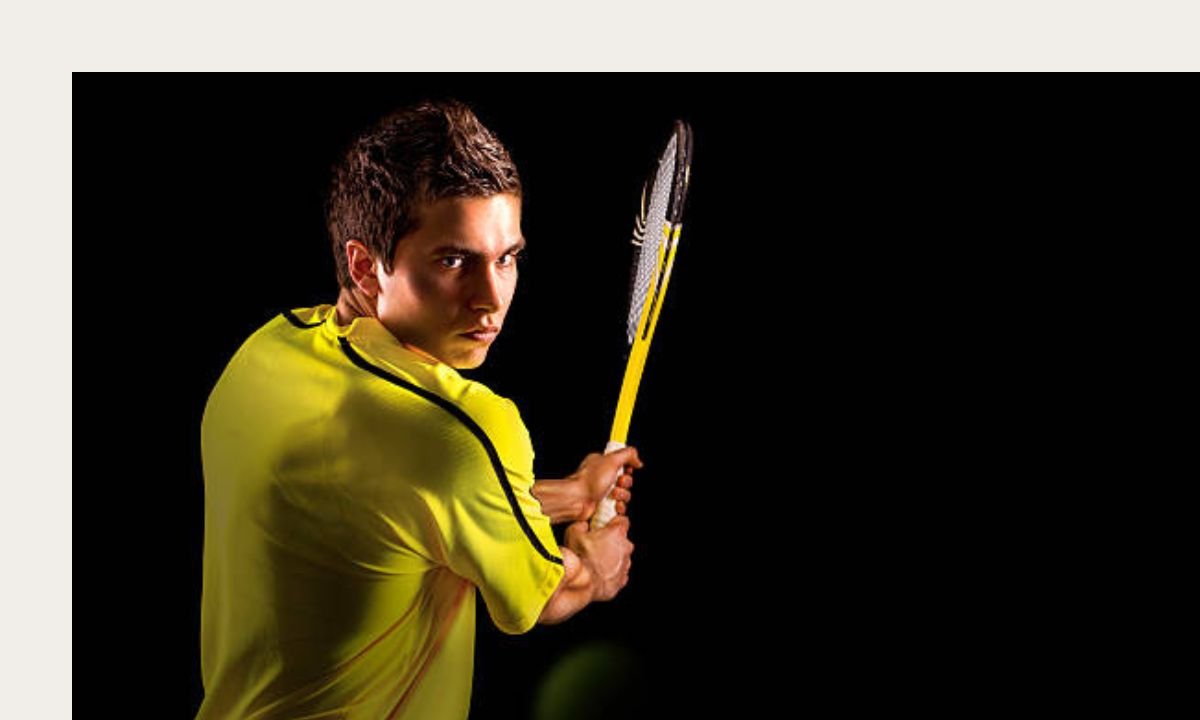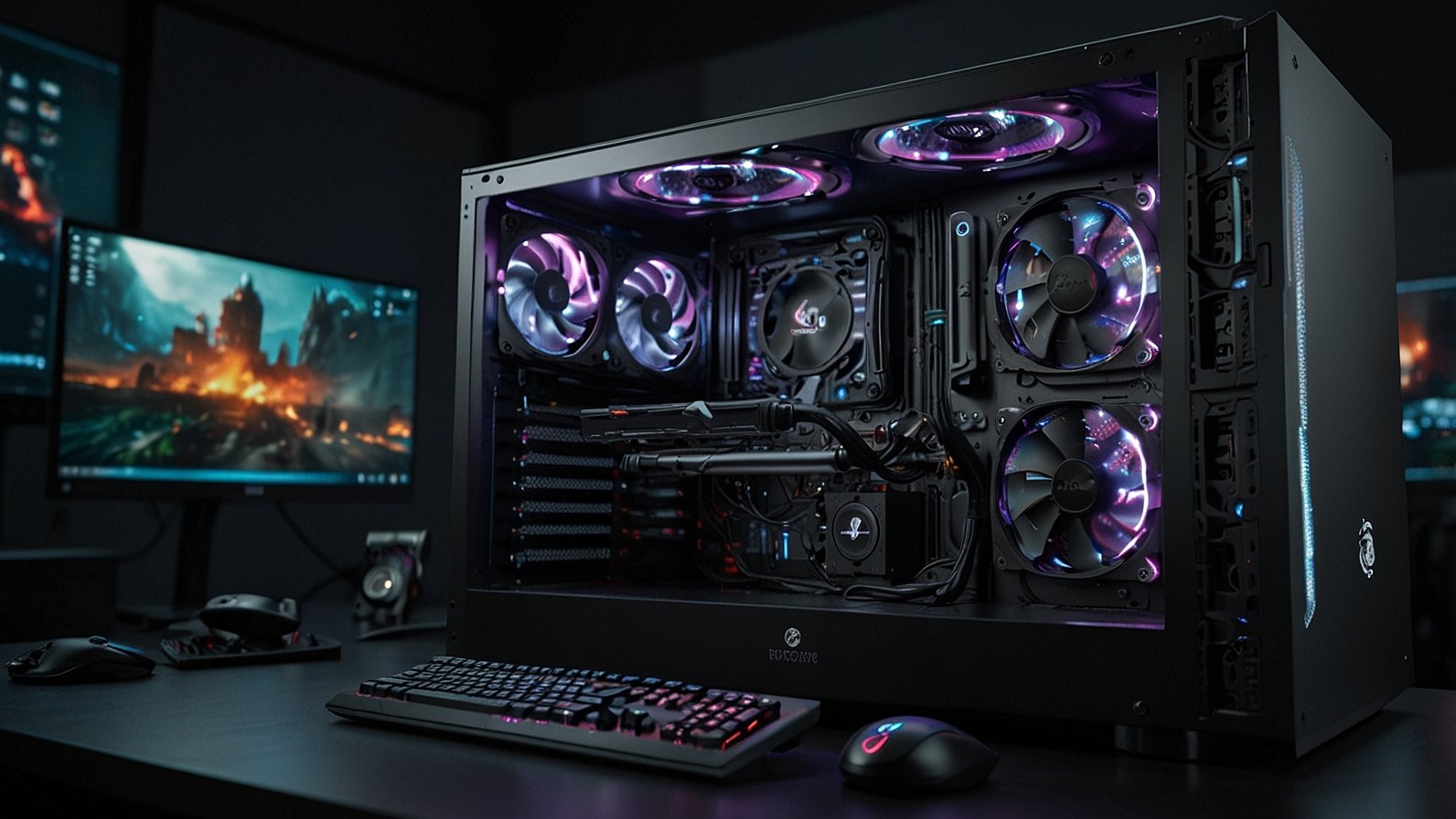Success in tennis isn’t just about physical skill; it’s also about mental resilience. Even the most talented players can falter under the pressure of an intense match because they fail to master the mental game. Here’s how you can stay focused and calm before, during, and after your time on the court.
Mental Preparation Before the Match
Preparing your mind before stepping onto the court is just as important as warming up physically. A clear and focused mental state lays the groundwork for a successful performance.
Set Specific Goals
Start each match with a goal in mind. These goals should be process-oriented rather than outcome-focused. For example, instead of saying, “I want to win this match,” focus on specific objectives like improving your footwork or maintaining a consistent serve. This shift can reduce pressure and keep you focused on your performance.
Practice Breathing Techniques
Deep, controlled breathing helps lower stress and boosts your ability to focus. Before a match, take a few minutes to practice deep, diaphragmatic breathing—inhale for a count of four, hold for four, and exhale for four. This simple technique can calm pre-match nerves and sharpen your mental clarity.
Visualize Success
Visualization is a common tool among top athletes. Close your eyes and imagine yourself playing your best, hitting precise shots, and staying composed under pressure. Mentally rehearsing success can build confidence and prepare you for unexpected challenges.
Staying Focused During the Match
Once the game starts, the real mental test begins. Staying present and composed is crucial for peak performance.
Focus on Each Point Separately
Tennis is a game of small battles, and each point is an opportunity to reset. Dwelling on mistakes or worrying about the final score can disrupt your focus. Remind yourself to concentrate on the immediate task at hand—playing the current point to the best of your ability.
Use Positive Self-Talk
What you say to yourself during a match can heavily influence your mood and performance. Replace negative thoughts, like “I’m going to lose,” with constructive affirmations, such as, “Stay steady and keep fighting.” This small adjustment can help you stay in control during high-pressure moments.
Control Your Body Language
Your body language not only impacts how your opponent perceives you but also affects your mindset. Avoid slouching or displaying frustration after a missed shot. Instead, keep your head up, shoulders back, and project confidence—this will help you maintain composure and focus.
Manage Stress Between Points
A match’s pace gives you a few seconds to reset between points. Use this time wisely by employing calming strategies, such as a simple routine like adjusting your strings or bouncing the ball deliberately before serving. This ritual not only calms the mind but also creates a sense of control amid the pressure.
The Role of Post-Game Reflection
The mental game doesn’t end with the final point. Taking time to reflect after a match is a valuable step in improving your focus and composure for future games.
Analyze Without Judgment
Whether you win or lose, it’s vital to evaluate your performance with a growth mindset. Ask yourself questions like, “What did I do well?” and “Where can I improve?” This constructive approach will help you learn from mistakes without dwelling on them.
Practice Gratitude
After every match, take a moment to appreciate the opportunity to play and the effort you put in. Gratitude can help shift your focus away from frustrations and onto the positive aspects of your performance.
Look After Your Mind and Body
Recovery is an essential part of the mental game. Engage in activities that help you recharge, whether it’s yoga, meditation, or simply spending time outdoors. A well-rested, healthy player is far more likely to thrive mentally in their next match.
The Importance of a Quality Tennis Environment
A well-maintained tennis court can play a major role in supporting your game. Clean, smooth surfaces contribute to an optimal playing environment, allowing you to focus entirely on your mental and physical performance. Players in need of improvements to their playing surfaces often turn to services like tennis court resurfacing in Utah to ensure their courts are in top condition. A dependable playing environment eliminates distractions and enhances the overall mental game.
Final Thoughts
Mastering focus and calmness on the tennis court takes time and deliberate practice. By preparing your mind before matches, employing effective strategies during play, and reflecting constructively afterwards, you can improve not only your mental game but also your overall enjoyment of the sport. Tennis isn’t just about how you swing the racquet; it’s about how you think, feel, and adjust in the heat of the match. Harnessing mental strength will give you a significant advantage and help you reach your true potential on the court.











